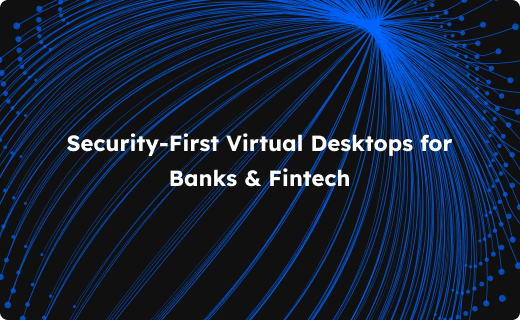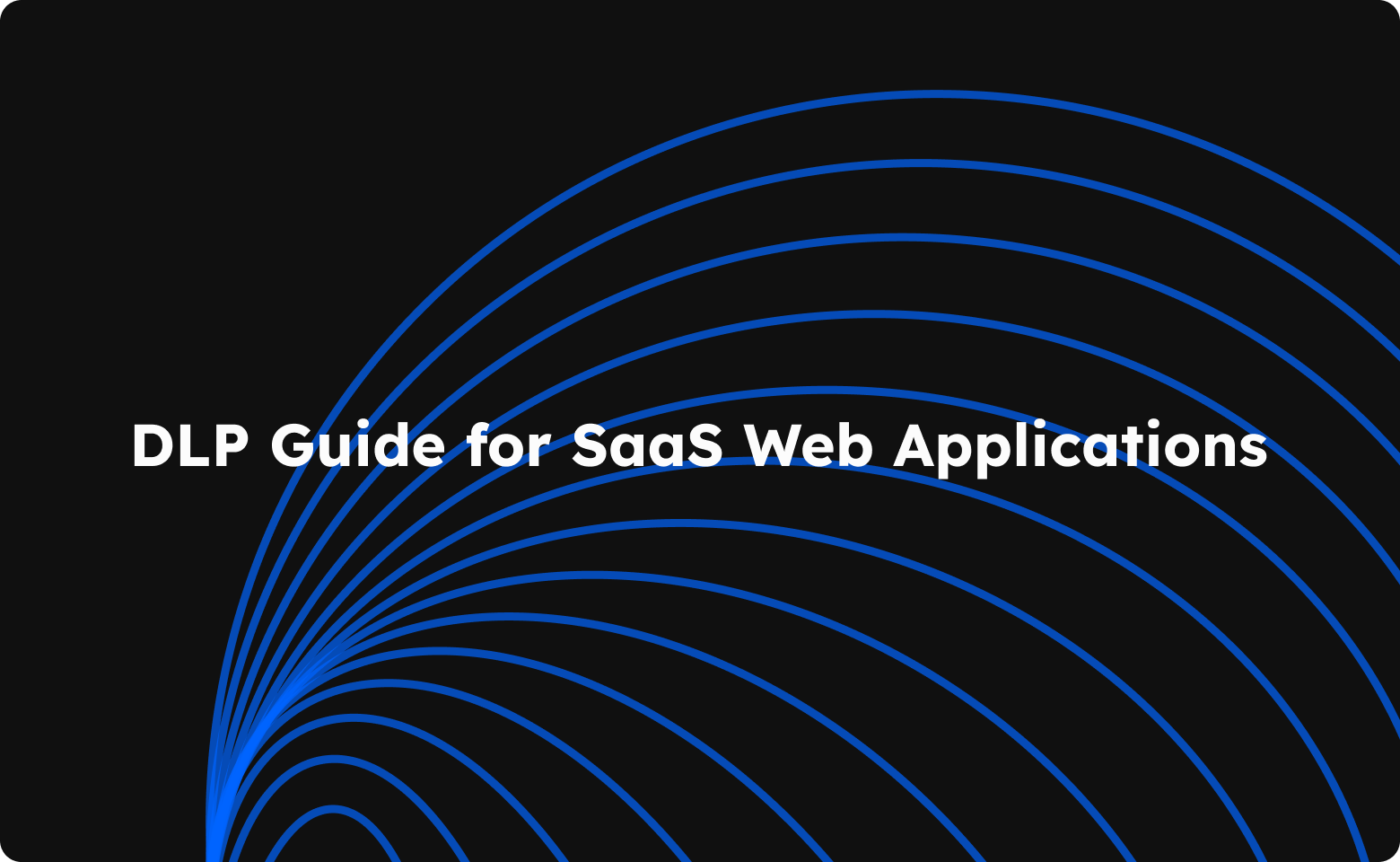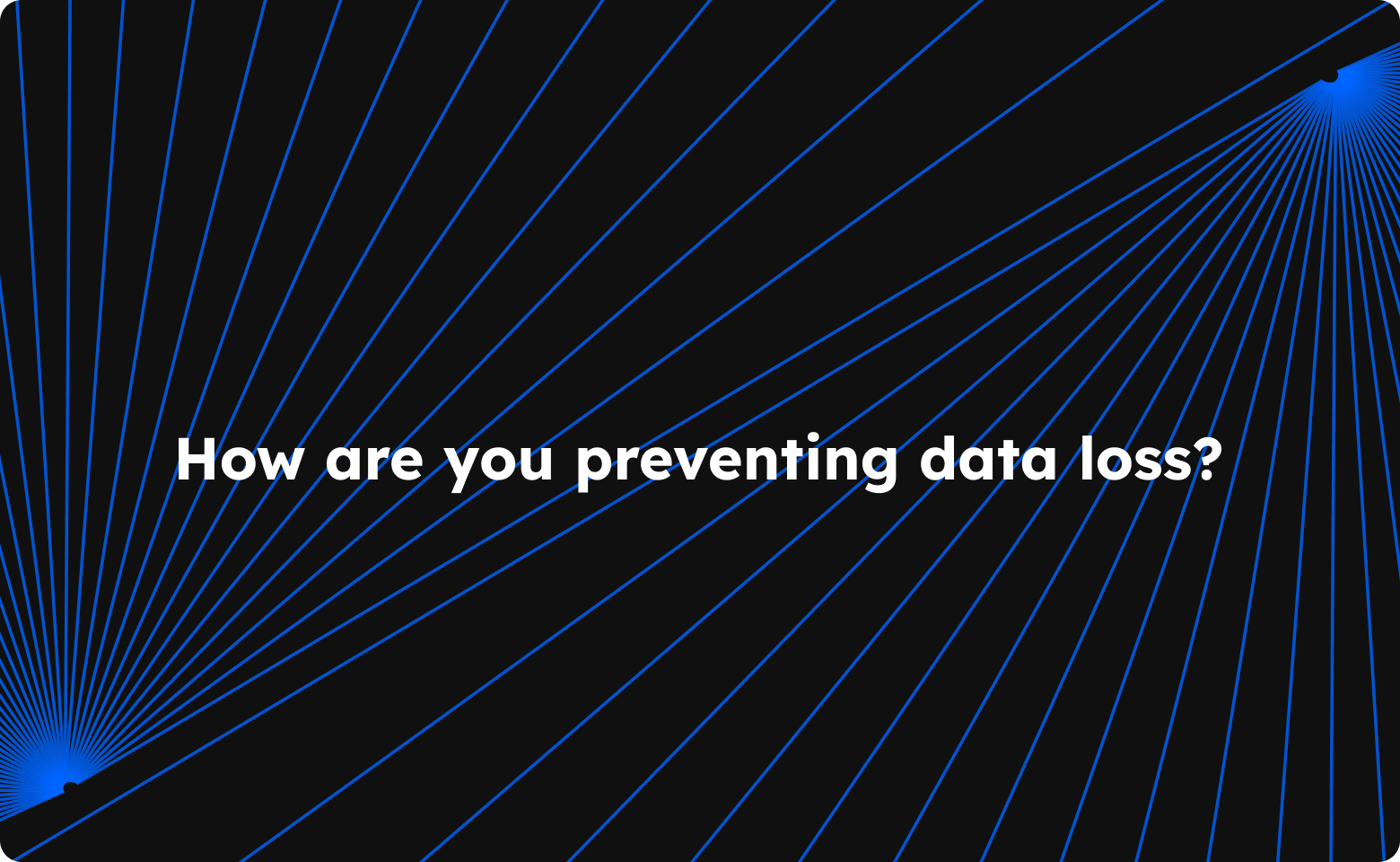In today’s financial landscape, security and compliance are non-negotiable. As fintech companies expand, support remote teams, and handle increasingly sensitive information, traditional desktop environments simply cannot keep pace. That is why more and more financial service organizations are adopting Neverinstall’s Virtual Desktop—a modern VDI platform built for enterprise-grade security, compliance, and scalability.
VDI in Banking

Enhancing Security for Retail and Corporate Banking
- Secured workspaces for front-office & back-office employees: Retail bank branches often rely on legacy workstations to process account openings, loan applications, and teller transactions. By migrating these endpoints to browser-based virtual desktops, banks eliminate local data caches and ensure that every customer interaction, whether it involves disclosing Social Security numbers or processing large cash deposits, is logged and encrypted in real time. Back-office functions, such as loan underwriting or compliance reviews, can leverage preconfigured images that include credit-scoring tools, KYC software, and risk engines without ever touching local drives.
- Fast & secure access to banking/trading data: Investment banks and wealth management firms depend on ultra-low-latency access to market data and proprietary algorithms. Neverinstall’s edge-deployed gateways can reside in co-location facilities near major exchanges, allowing traders to connect to high-performance virtual desktops with sub-millisecond latency. Each trader’s desktop can include pre-installed charting software, automated execution scripts, and risk-management dashboards. Should a breach attempt occur, the entire virtual desktop can be isolated instantly—preventing unauthorized code from executing and safeguarding trading algorithms.
Supporting Regulatory Compliance
- Compliance & audit ready logs in real time: Banking regulators require detailed evidence of every user action related to transactions, risk overrides, and data exports. With Neverinstall, every keystroke, file transfer, and session duration is continuously recorded. This creates a tamper-resistant audit trail that can be submitted to internal auditors, regulatory examiners, or external auditors without manual log aggregation.
- Rapid onboarding: When banks expand into new regions or open branches, setting up IT infrastructure—network circuits, local desktops, security appliances—can take weeks. By deploying browser-based virtual desktops, banks can provision branch workstations overnight, enforce centralized policy updates immediately, and manage incident response across all locations from a single pane of glass.
VDI in Financial Services

Enabling Fintech Innovation and Collaboration
- Sandbox environments for API development: Fintech startups must iterate rapidly on new payment rails, open-banking integrations, and blockchain-based settlement mechanisms. Neverinstall’s platform allows developers to spin up isolated workspaces preloaded with SDKs, API documentation, and sandbox credentials. This accelerates time to market while ensuring that API keys and customer PII never reside on local machines. If a developer branch encounters an issue or a security vulnerability is detected, the entire virtual desktop can be discarded immediately, minimizing blast radius.
Powering Advanced Risk and Analytics Teams
- AI-Driven Fraud Detection: Fraud operations teams must run real-time analytics on streaming transaction data to detect anomalies, money laundering patterns, and identity theft. Neverinstall can provision GPU-accelerated virtual desktops for data scientists to train and test machine-learning models against large datasets. Because all computation occurs in a secure cloud enclave, models and training data are never downloaded onto endpoints, eliminating the risk of intellectual property leakage.
VDI in Insurance

Streamlining Claims and Underwriting Processes
- Secure access for claims adjusters: Claims adjusters often work on sensitive customer files—medical records, accident reports, and legal documents. By providing a browser-based desktop, insurance carriers can ensure that adjusters never store scanned documents on personal laptops. Images, PDFs, and database queries are processed within a secure enclave that automatically logs every data access. If an adjuster or third-party vendor mishandles information, the insurer can pinpoint the exact step in the workflow where a policy was breached.
- Actuarial modeling in a controlled environment: Actuarial teams run complex simulations to price new insurance products or evaluate portfolio risk. These models may rely on terabytes of historical claims data, mortality tables, and stochastic risk engines. Neverinstall’s virtual desktops can be configured with up to 256 GB of RAM and multi-core CPUs to handle large-scale actuarial computations. Once models are complete, results are exported directly to BI dashboards, and the desktop is decommissioned, avoiding expensive on-premise server provisioning.
Enhancing Customer Service and Broker Portals
- Browser-based agent portals: Insurance agents and brokers frequently need access to multiple carriers’ systems—policy administration, rate calculators, and commission trackers. With a virtual desktop, carriers can provide a unified portal image containing all broker-facing applications. This ensures a consistent user experience, faster onboarding, and reduced security risks, since no credentials or spreadsheets are stored locally on agents’ devices.
- Telematics and IoT data processing: As usage-based insurance (UBI) gains traction, carriers ingest telematics data from policyholders’ vehicles—GPS coordinates, driving behavior metrics, and crash sensors. Data analysts need secure environments to correlate this streaming data with claims histories and adjust premiums. Neverinstall can provision GPU-backed desktops that run real-time analytics engines, with raw telematics data stored only in encrypted object storage. Analysts see dashboards and summary metrics on their virtual desktop, never exposing raw location data outside the secure zone.
Why Neverinstall's Virtual Desktop Platform is a Game-Changer

1. True Zero-Trust Environments
In a zero-trust framework, nothing is inherently trusted, even user logins. Neverinstall’s architecture enforces continuous, session-based validation. Each desktop is spun up on demand in a secure microenvironment, untainted by previous sessions or local file caches. Because no data is written to endpoints, it virtually eliminates the risk of credential theft, malicious software persistence, or data exfiltration via local drives. Security teams retain full visibility into every file transfer, application launch, or configuration change, providing a real-time audit trail across the entire organization.
2. Regulatory-Ready by Design
Neverinstall’s platform offers built-in controls to segment data by region, ensuring that desktops for EU-based analysts reside on datacenters within the European Union, while U.S. teams work on instances compliant with FedRAMP or SOC 2 Type II standards. For institutions operating across multiple jurisdictions, this granular control simplifies compliance:
- Data Localization: Segmented storage policies ensure that Personally Identifiable Information (PII) and transaction logs remain within the geographic boundaries mandated by local regulators.
- Crypto-Key Management: Encryption keys are managed at the hypervisor level, preventing even administrators from accessing decrypted data at rest.
- Audit Integration: Continuous logging of user actions—down to keystrokes and clipboard transfers—is exported to SIEM and GRC platforms, enabling automated reporting for PCI-DSS, GDPR, or internal risk committees without manual intervention.
3. Unprecedented Operational Agility
Time-to-provision is measured in seconds instead of days or weeks. Whether an acquisition involves a new team of 200 analysts or a hackathon requires spinning up 50 AI-ready GPUs for overnight stress testing, Neverinstall’s orchestration layer automates everything: from OS image selection (Windows, Linux, or custom distributions) to toolchain pre-deployment (IDEs, data-science libraries, compliance scanners). This reduces operational overhead and aligns IT capacity with measurable business objectives, such as rolling out a pilot for open banking or scaling fraud detection during peak periods.
4. Cost Predictability and Efficiency
Traditional VDI often leaves organizations paying for underutilized capacity—servers sitting idle, reserved for once-a-quarter regulatory drills. Neverinstall’s pay-as-you-go model ensures that you only pay for active desktop sessions. By decoupling CPU, RAM, and GPU consumption, finance and insurance teams can dial up core counts and memory for backtesting complex models, then dial it down once processing completes. This dynamic scaling can reduce total cost of ownership (TCO) by up to 40% compared to static on-premises deployments, while also eliminating forklift upgrades every three to five years.
Example of 6 Fintech companies That Need Peak-Level Security
These companies operate in some of the most sensitive and highly regulated areas of financial technology, making them perfect candidates for secure, cloud-based desktops like Neverinstall’s VDI solution:
- Stripe A global payments platform used by millions of businesses, Stripe processes vast amounts of sensitive card and customer data. Every developer and ops team member needs secure, compliant work environments to protect that trust.
- Robinhood As a commission-free trading platform, Robinhood operates in a heavily regulated space. Virtual desktops provide centralized control over how sensitive trading and user data is accessed internally.
- Plaid is Known for enabling connections between consumer bank accounts and fintech apps, Plaid requires absolute data security. Browser-based virtual desktops can help safeguard API keys, client data, and logs during development and operations.
- LumberFi is a construction workforce management platform that streamlines payroll, time tracking, safety, and project tools for contractors. It uses AI and automation to improve efficiency, ensure compliance, and integrate seamlessly with existing systems. The platform offers user-friendly features, gamification, and dedicated support to boost construction productivity.
- Chime A digital bank alternative serving millions, Chime needs secure, scalable access for customer service, risk, and fraud prevention teams—all of which benefit from remote-ready, policy-enforced environments.
- Brex Focused on corporate cards and expense management, Brex manages sensitive financial workflows and large-scale integrations. Neverinstall’s virtual desktops make secure scaling possible across engineering, finance, and operations teams.
Final Thoughts
Neverinstall’s Virtual Desktop combines zero-trust architecture, centralized compliance controls, and lightning-fast provisioning to deliver a secure workspace that scales with your business. By eliminating local storage, enforcing encryption, and providing detailed audit logs, Neverinstall ensures that financial institutions—whether they are building next-generation payment rails or launching a digital bank—can focus on innovation without compromising on security or compliance. Explore Neverinstall’s Virtual Desktop Solution today and discover how your team can work securely from anywhere.




